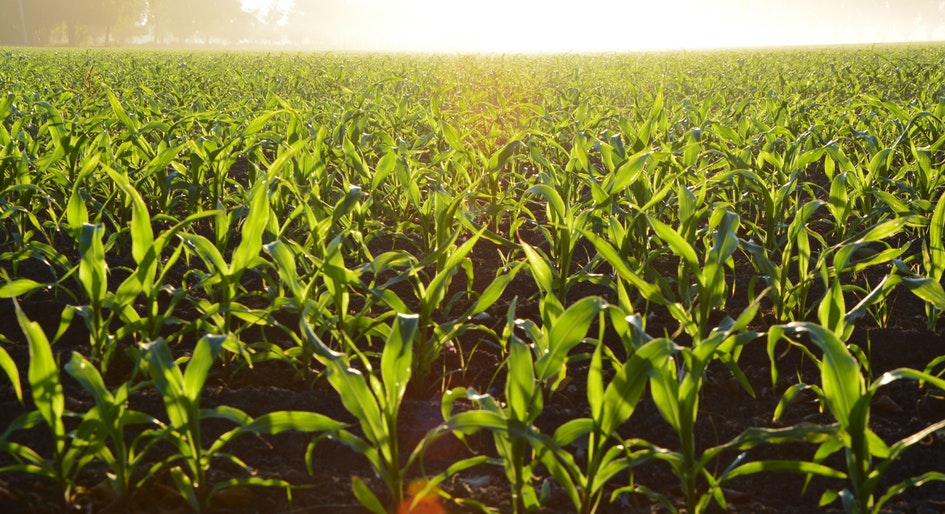A new study adds to the woes surrounding the popular weed killer Roundup.
New research from scientists at McGill University reveals that the glyphosate-based herbicide is triggering loss of biodiversity, making ecosystems more vulnerable to pollution and climate change. Its widespread use on farms has been ongoing since the 1990s when genetically modified crop seeds resistant to the herbicide were introduced.
“Farmers spray their corn and soy fields to eliminate weeds and boost production, but this has led to glyphosate leaching into the surrounding environment,” says Andrew Gonzalez, a McGill biology professor and Liber Ero Chair in Conservation Biology. “In Quebec, for example, traces of glyphosate have been found in Montérégie rivers,”
Researchers found that freshwater ecosystems that experience moderate contamination from the herbicide became more resistant when later exposed to a very high level of it – working as a form of “evolutionary vaccination.”
Previous experiments by the Gonzalez group had shown that evolutionary rescue can prevent the extinction of an entire population when exposed to severe environmental contamination by a pesticide thanks to the rapid evolution. It was also noted that resistance to the herbicide came at a cost of plankton diversity.
“We observed significant loss of biodiversity in communities contaminated with glyphosate.” says Gonzalez. “This could have a profound impact on the proper functioning of ecosystems and lower the chance that they can adapt to new pollutants or stressors. This is particularly concerning as many ecosystems are grappling with the increasing threat of pollution and climate change.”
The study point outs that it is still unclear how rapid evolution contributes to herbicide resistance in these aquatic ecosystems. Scientists already know that some plants have acquired genetic resistance to glyphosate in crop fields that are sprayed heavily with the herbicide. Finding out more will require genetic analyses that are currently under way by the team.








